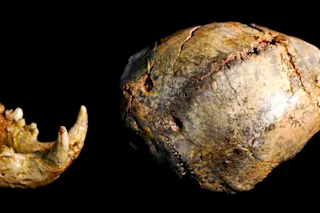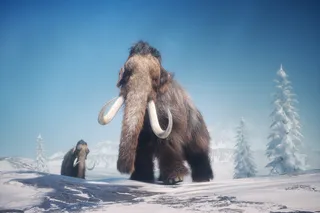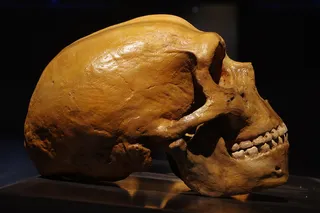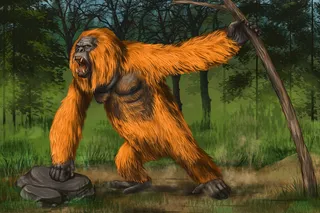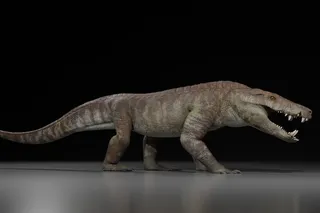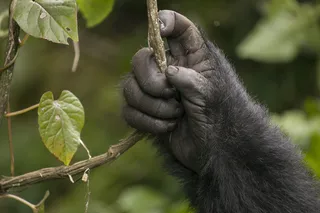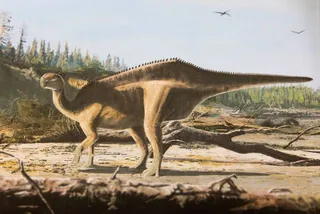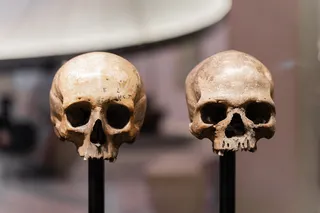After a recent fossil discovery, we now have new insights into the behaviors of a group of prehistoric humans.
A team of international researchers working with the Evolutionary Studies Institute at the University of Witwatersand have uncovered a major find about early human ancestors. In a study published in The Journal of Human Evolution, it is revealed that Paranthropus robustus, a species of prehistoric human, were bipedal and walked upright much like we do today.
This finding helps scientists learn more about the daily lives and activities of Paranthropus robustus and adds more complexity to the story of human evolution.
Although scientists have been researching the fossil remains of Paranthropus robustus since the 1940s, they still had a narrow understanding of the species’ stature, posture, and mobility. The new fossil findings, which include a hipbone, thigh bone, and shin bone, change that.
The group of fossils, belonging to a single, ...



